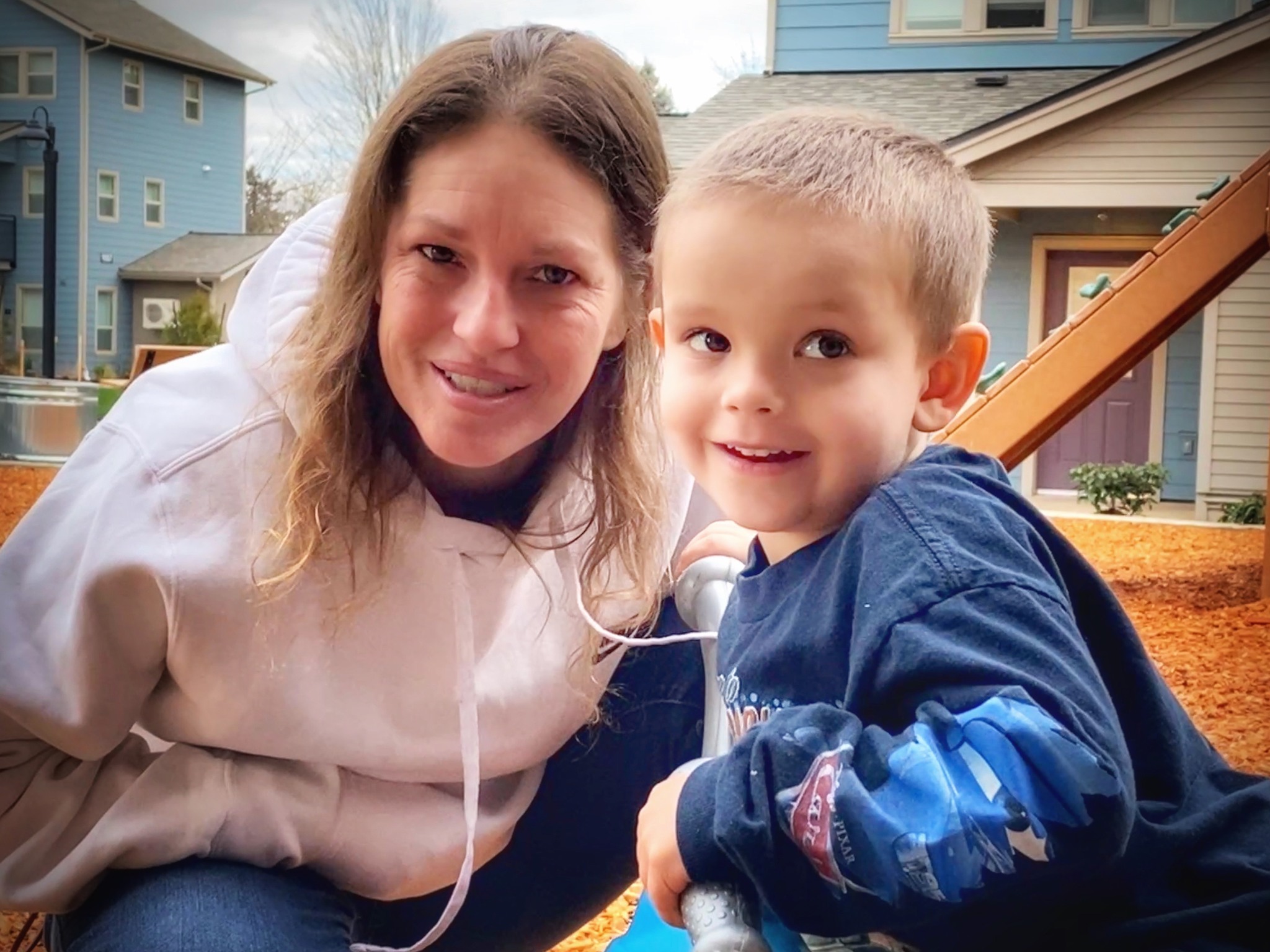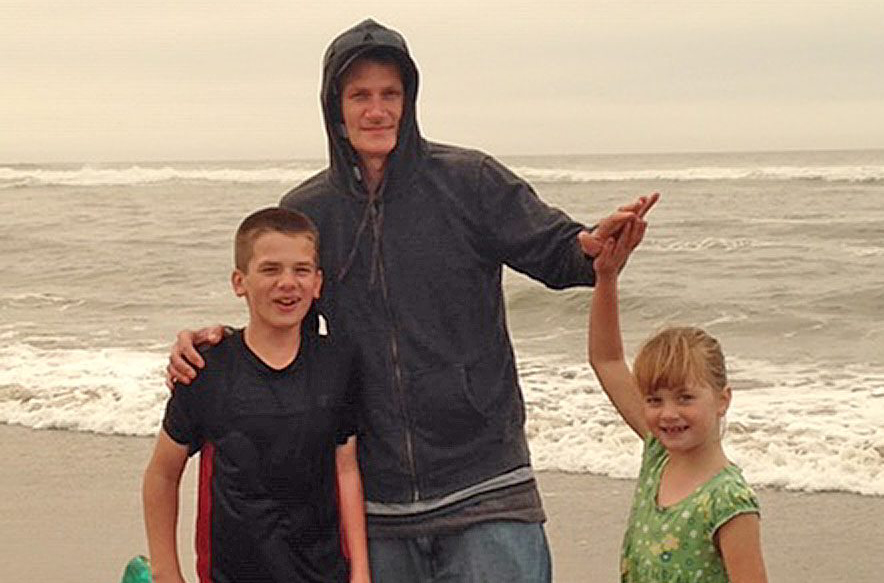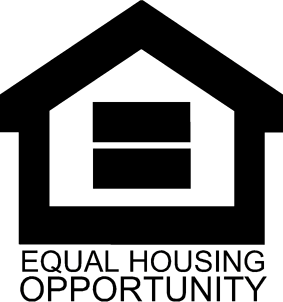HUD/DHS Supportive Housing
Mission statement
The HUD/DHS supportive housing team aims to support clients in achieving housing stability through client-centered housing case management, housing subsidies, and trauma-informed supportive services.
HUD programs
Connections: This Continuum of Care rapid rehousing program began at SVdP 30 years ago in 1993. Currently, as many as 22 chronically homeless families referred from the Lane Central Waitlist can receive up to 24 months of financial and case management support through this HUD-funded program.
LIFT Permanent Supportive Housing: This PSH program provides indefinite support to families and individuals referred from the Lane Central Waitlist with some of the greatest barriers to stable housing in the community through case management and financial assistance. The program capacity has been increased from one case manager serving 18 households, to two case managers serving a total of 24 households.
Emergency Solutions Grant: This rapid rehousing program can serve up to 12 chronically homeless families referred from the Lane Central Waitlist with up to 24 months of financial and case management support.
Eligibility: The three HUD case management programs receive referrals directly from the Lane County Centralized Waitlist after the family has completed a Front Door Assessment. The programs cannot accept any other referrals for assistance. For more information on Front Door Assessments and the housing process, please click the link button below.
DHS programs
Strengthening, Preserving, and Reunifying Families: The SPRF program consists of two contracts with Department of Human Services Child Welfare. In these programs, as many as 19 homeless, transitional, or housing-unstable families can receive six months of rapid rehousing financial and case management support and housing navigation services while their DHS case is open.
Living Independently Following Treatment-Short Term: This program consists of one contract with Department of Human Services Child Welfare. In this program, up to six homeless, transitional, or housing-unstable families that also have a substance use history can receive six months of rapid rehousing, financial assistance, case management support and housing navigation services while their DHS case is open.
Eligibility: These case management programs receive referrals directly from Lane County DHS child welfare. The programs cannot accept any other referrals for assistance. Please speak to your DHS Child Welfare Case Manager directly for more information.

St. Vincent de Paul’s First Place Family Center proudly offers Front Door Assessment services. To schedule, please call 541-342-7728.
St. Vincent de Paul Society of Lane County, Inc.
PH: 541-953-6687 | 2890 Chad Dr., Eugene, OR 97408
What is housing case management?
Case management is a process in which a professional helps a client develop and implement a plan to secure housing, learn the tools necessary to remain stably housed, and achieve the goals the client identifies for themselves. This process incorporates client wishes and voice into the client case plan. The case plan is also developed using the skills, expertise, and community resource knowledge of the case manager to coordinate services that help the client meet their goals. Case managers utilize a wide array of approaches to resolve or minimize each client barrier to achieving their goals.
Housing case managers are staff who focus on the needs of a client specifically related to their ability to obtain and retain housing. Staff assist in guiding clients through the difficulties they face in meeting their housing goals. An important feature of housing case management is assisting the client in identifying goals that are realistic, actionable, appropriate, and time oriented.
Case managers in the HUD/DHS programs may have limitations on what they are able to assist with because their focus is housing. In such cases we can provide resources and referrals, but it is important to remember that a case manager’s role and boundaries are limited to housing.

Contact & location
Casi Totten, HUD/DHS Programs Manager
Pronouns: She/her/hers
St. Vincent de Paul Society of Lane County, Inc.
PH: 458-210-8100 | 2890 Chad Dr., Eugene, OR 97408
Nearby LTD bus lines: 66 and 67
Offices are open 8:00 am to 5:00 pm Monday to Friday.
Support HUD/DHS housing programs & homeless families
HUD/DHS programs is always in need of financial support to maintain these great services for families. Thank you for donating!
This agency uses WellSky.
Download the privacy policy - English
Esta agencia usa WellSky.
revelaciones del privacidad - Spanish


